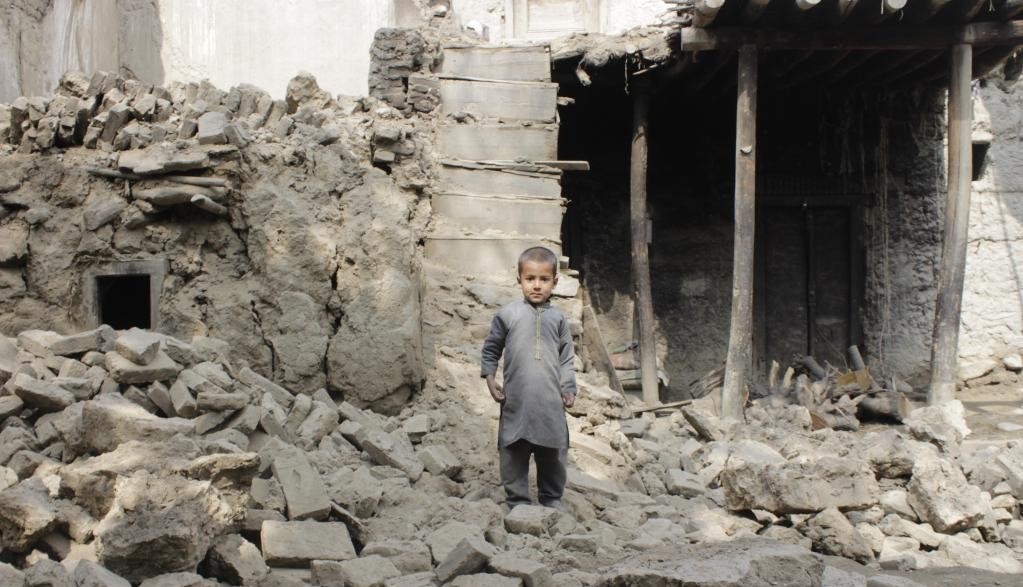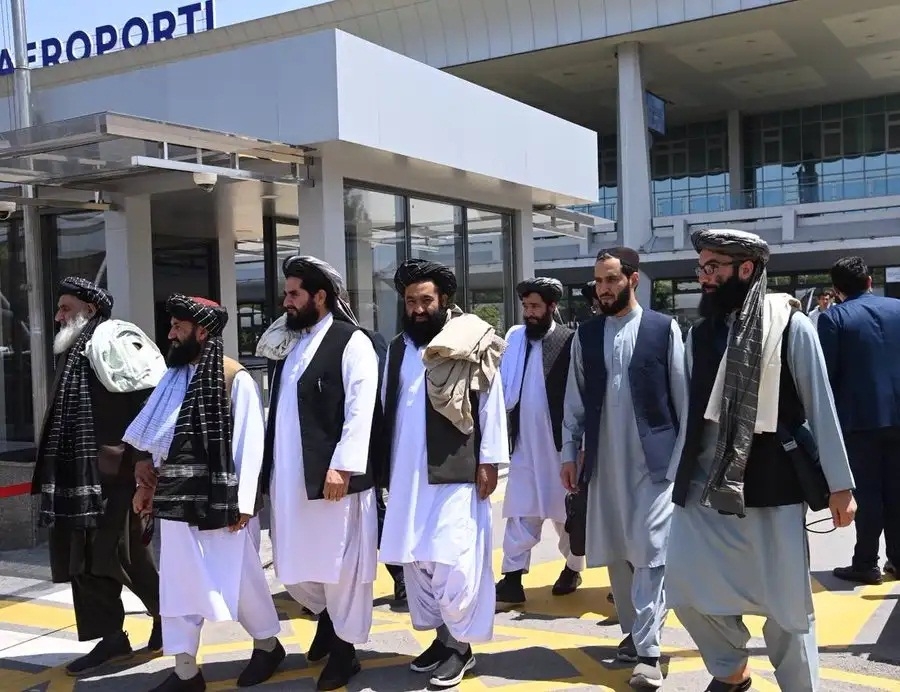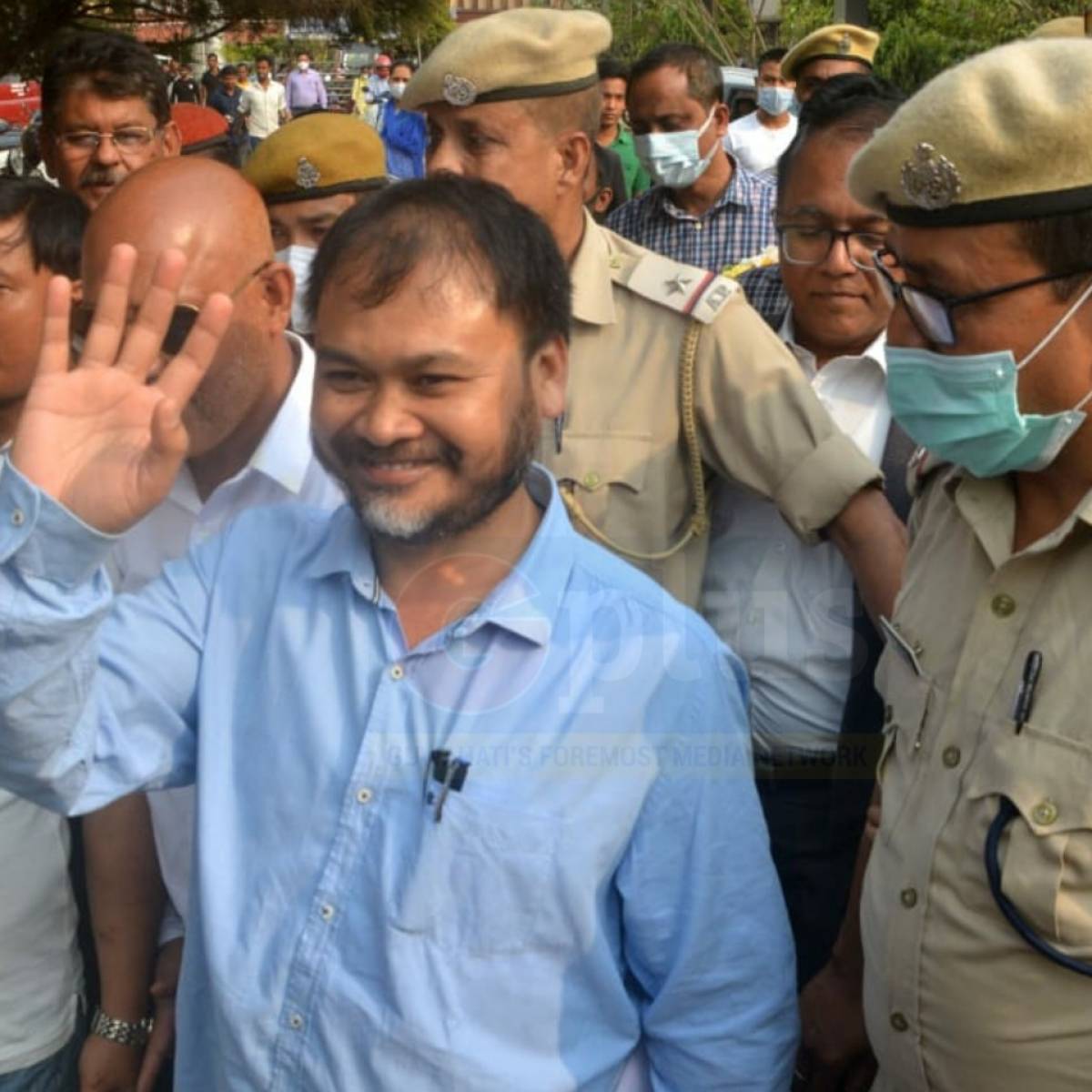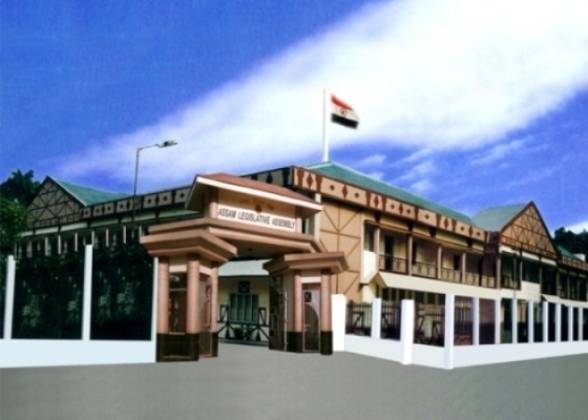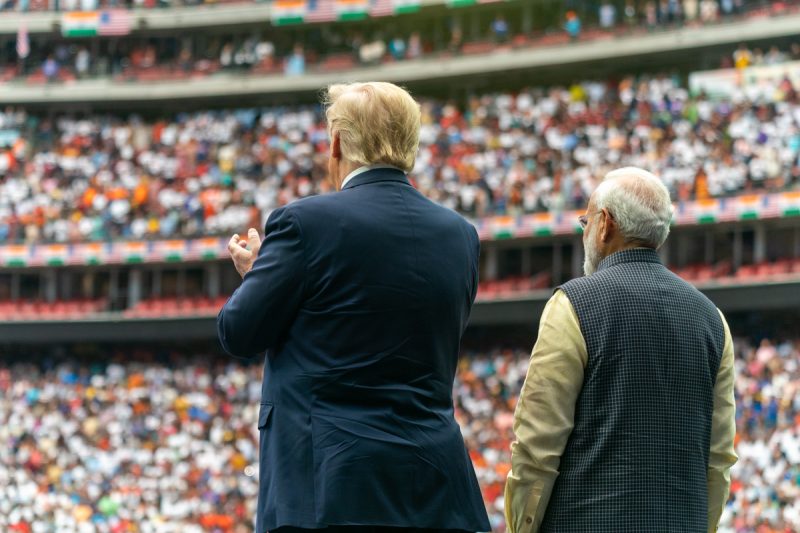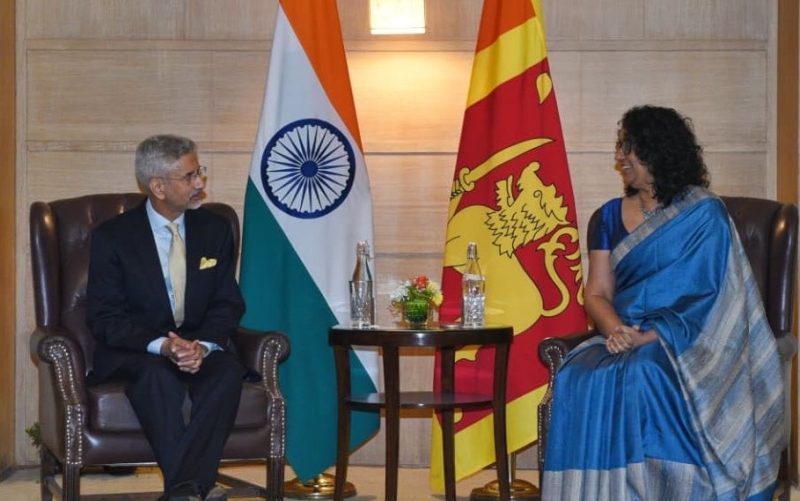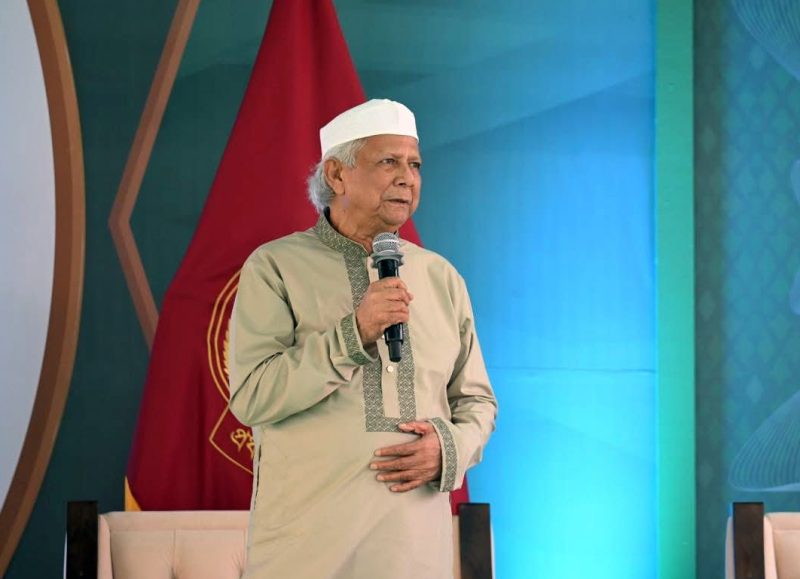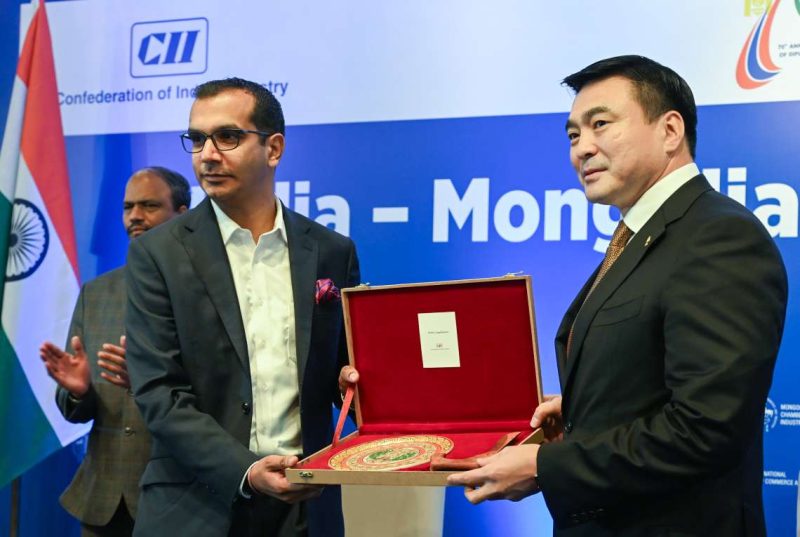Falcon is not hearing the falconer. Taliban, the creation of the Pakistan army and the ISI, ignore the Rawalpindi request to join the Afghan peace talks in Istanbul …. Writes Mrityunjoy Kumar Jha
Pakistan is not happy with the Taliban. A report by prominent Pakistani journalist Hamid Mir published in The News, a daily newspaper, says that Pakistani security officials have approached the Afghan Taliban leadership in Doha and made it very clear to them that their refusal to participate in the Istanbul Conference was a big blow to the Afghan Peace Process and if they do not show some flexibility they will have to face the consequences.
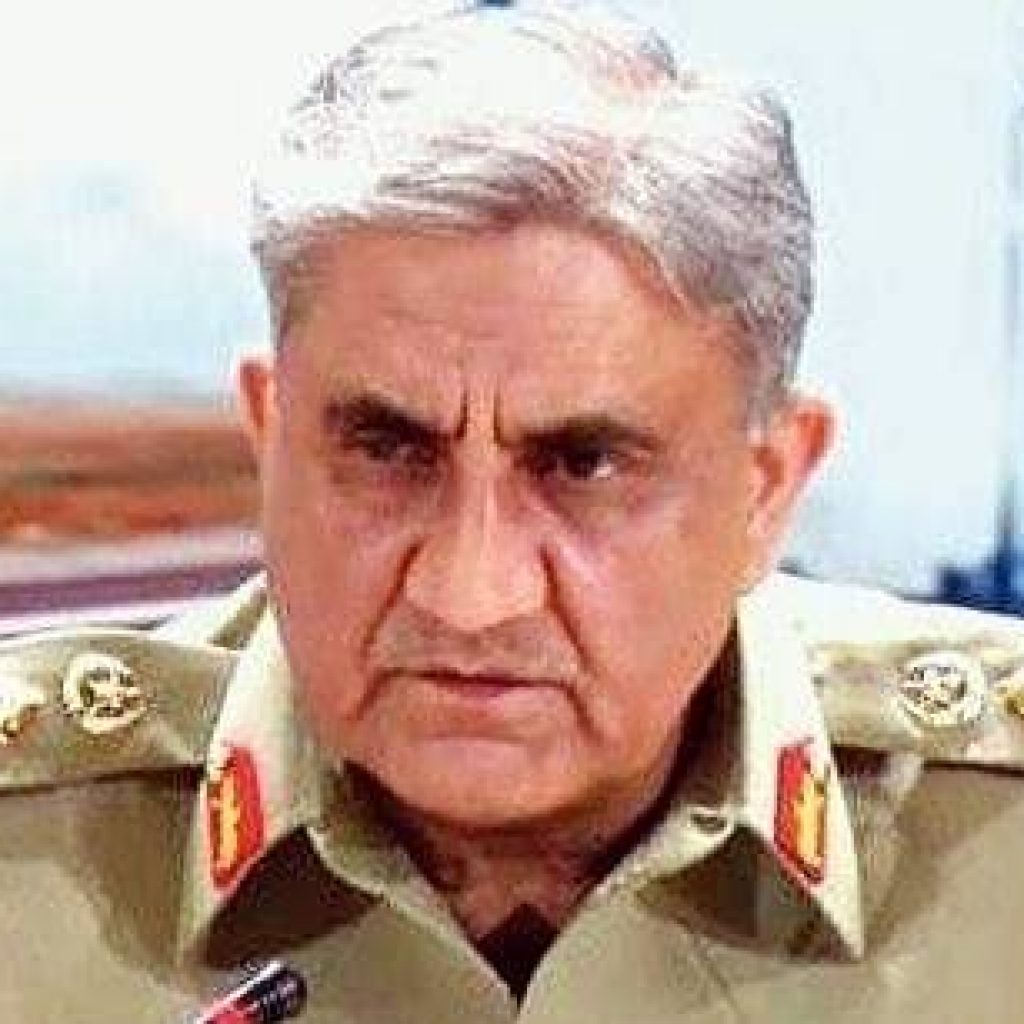
“Enough is enough” message has been given to the Talibani leadership and the same message was conveyed to the Afghanistan President Ashraf Ghani by the Pakistani delegation last week in Kabul.
According to Pakistani sources, the news has emanated from an “off the record” briefing by Pakistan’s army chief General Qamar Javed Bajwa at an “Iftar” party hosted by him for a bunch of “trusted” media persons at the military headquarters in Rawalpindi. Bajwa shared a lot of “information” with them but asked the journalists not to attribute the news to army sources.
The report says that the Taliban thinks that India started engaging with Pakistan recently just because India does not want Islamabad to object to its new role in Afghanistan.
This information was “leaked” by the Pakistani army chief Bajwa at a time when a lot of key changes are taking place in Afghanistan, which have crucial bearing on Pakistan’s national security and strategic interests in the long run.
Bajwa is worried because he does not trust the Taliban and he would not like them moving closer to India. Pakistani security agencies found some links between Afghan Taliban and groups related to Tehreek-e-Taliban Pakistan (TTP), “They are two faces of the same coin.” The PTT is staunchly opposed to the Pakistani establishment.
The India factor
Bajwa saw the ground situation changing last year when US Special Representative for Afghanistan Reconciliation Zalmay Khalilzad said that India should discuss its concerns on terrorism directly with the Taliban. The US envoy had discussed how India could play a “more active role” in the Afghan reconciliation process during his talks in Delhi.
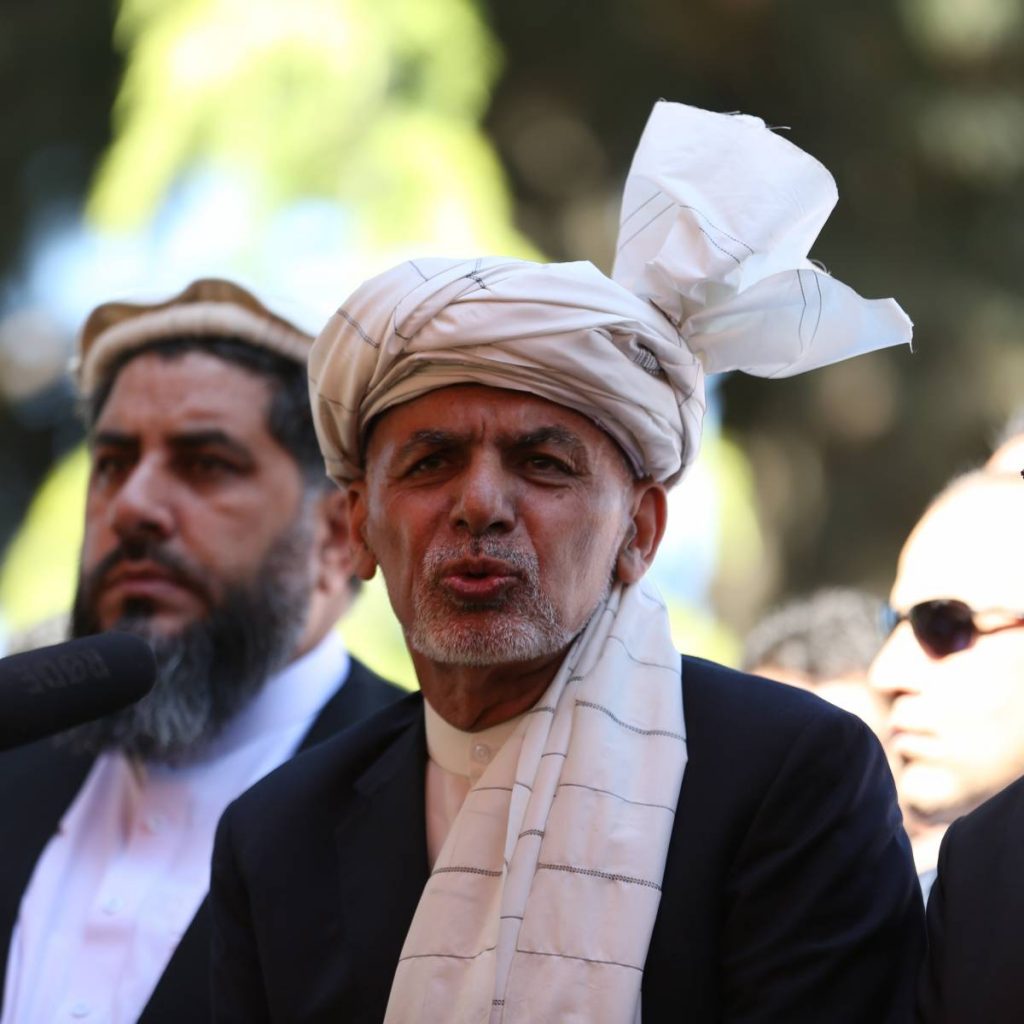
Khalilzad told Indian media that it is for India to decide its role, but engagement between India and all the key players in Afghanistan, not only in terms of the government but also in terms of political forces, society and the Afghan body politic, is appropriate given India’s regional and global position. India is an important force in Afghanistan and it would be appropriate for the India-Taliban engagement to take place.
This was followed by a Taliban statement saying the group would like to have a positive relationship with India and welcomed New Delhi’s cooperation in Afghanistan. The Taliban also said that it does not support Pakistan’s ‘holy war’ against India and that Kashmir was India’s internal matter.
Taliban’s spokesperson Mohammad Suhail Shaheen told an Indian audience through a webinar speech last year in April, that the group wants to build ties with India and even was willing to enact a law against foreign terror groups conducting operations against any other country.
“Linking the issue of Kashmir with that of Afghanistan by some parties will not aid in improving the crisis at hand because the issue of Afghanistan is not related.
Pakistan’s military establishment feels that Taliban may be looking for an opportunity to break away from Pakistan stranglehold to chart out an independent path by taking on board all sections of Afghan society for a futuristic settlement to the Afghan problem.
The current Taliban leadership is known to be based in Doha. Mullah Baradar, the Taliban chief negotiator in Qatar was held by Pakistan for close to 10 years. Similarly, many other senior leaders would want to break free. In the past Taliban leaders have shown an inclination to chalk out an independent path without the baggage of Pakistani patronage leading to factional fights.
While some experts believe that Taliban wants to change its image which has been that of a pawn of Pakistan, others believe that it is merely a ploy by the Taliban to project a better image.
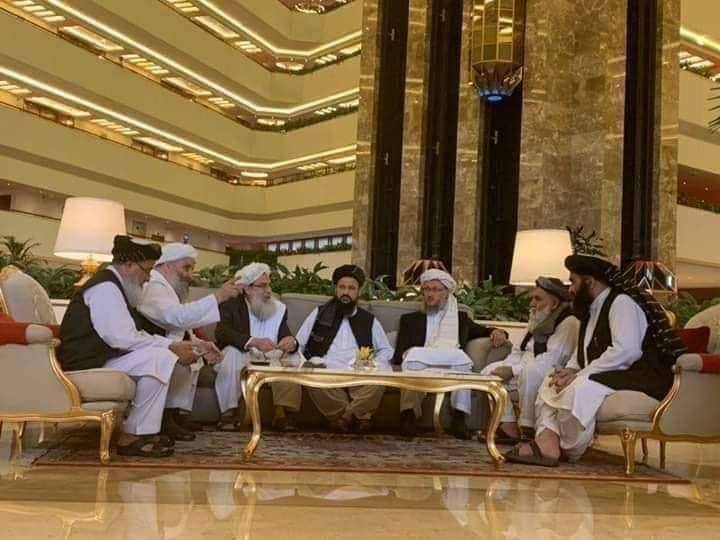
Afghanistan was the focus at the Heart of Asia Conference held in Tajikistan on 30 March and India was represented by the External Affairs Minister S. Jaishankar said, “India has been supportive of all the efforts being made to accelerate the dialogue between the Afghan government and the Taliban, including intra-Afghan negotiations”. He also declared India’s support for a regional process to be convened under the aegis of the United Nations.
According to experts, India wants to safeguard its interests and investments in Afghanistan which run into billions. This calls for good relations with the upcoming leadership in Kabul, irrespective of who rules. This would also help to avert any future threats from its economic and political foes, both Islamabad and Beijing.
India’s soft power is likely to have some influence over the Afghan government. If the Taliban comes to power, it may consider a positive political approach to New Delhi as India can play an important role in the development of Afghanistan.
READ MORE: Cops confirm top B’desh militant Mamunul was trained in Pakistan
READ MORE: Taliban negotiators visit Pakistan to ‘consult leadership’




